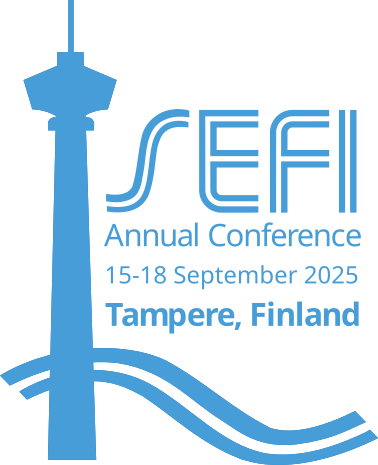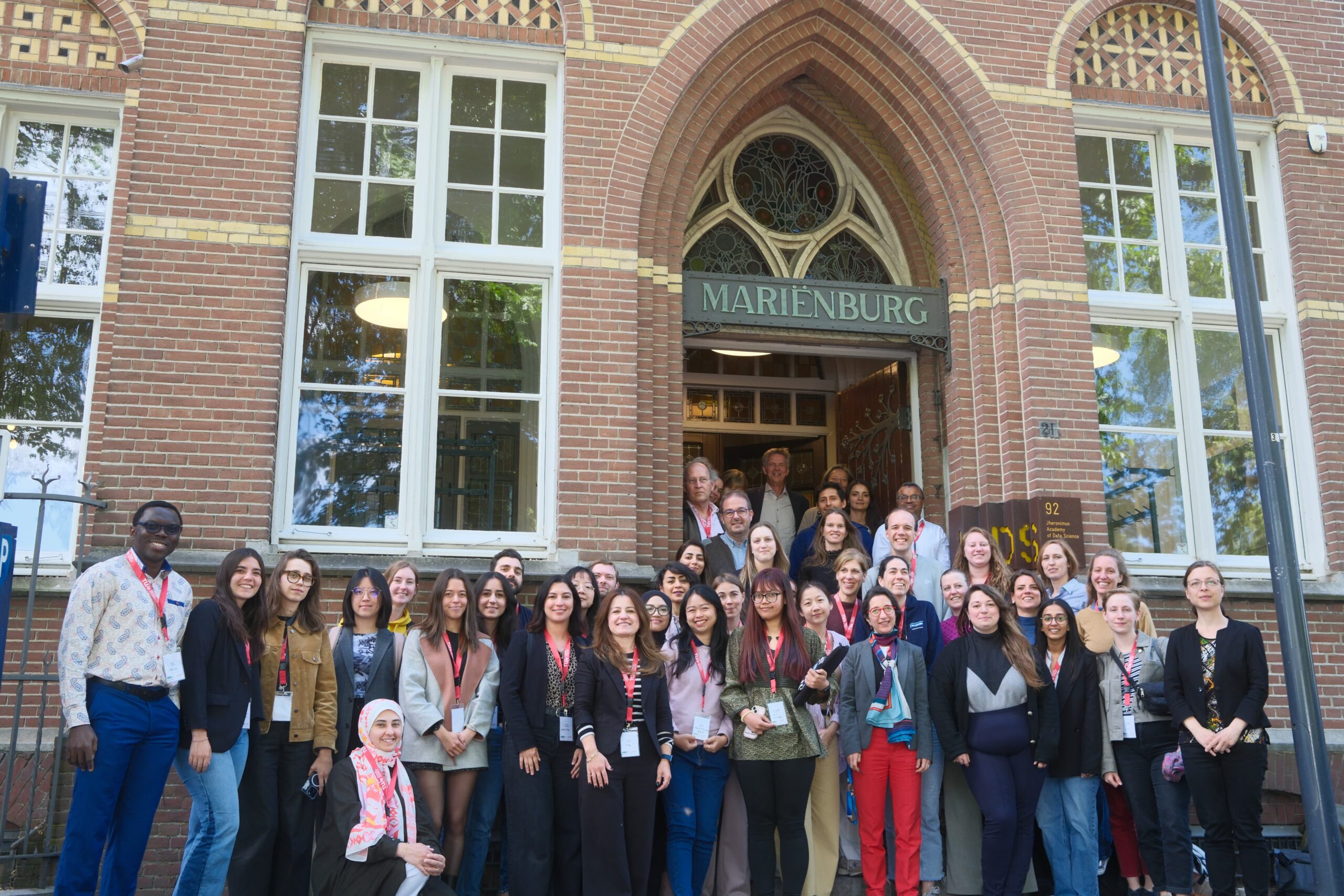List of SEFI Special Interest Groups (SIGs) and their activities at the Annual Conference in…
Invitation: Be Ready to Make It Awkward
a practical workshop to practice responding to discriminatory comments
October 5th, 15-16h30 CET
You know that moment when someone says something biased that you struggle to know how to respond to?
Inspired by Lamb et al.’s finding that speaking up to problematic comments is a skill than can be improved with practice (2009), this @work allows participants to experience a workshop that seeks to improve contribute to a more equitable campus culture. Developing a culture where people speak up is a valuable, if small, goal since speaking up in response to problematic comments has been shown to have appreciable benefits (Czopp et al., 2006; Gervais, Hillard, & Vescio, 2010; Rasinski & Czopp, 2010; Rasinski, Geers, & Czopp, 2013). The workshop uses participative activities to allow attendees to refine their skills and strengthen their confidence to speak up when they hear discriminatory statements. This is important because while most people believe they will call out prejudice when they encounter it, in fact less than 50% actually do (Swim & Hyers, 1999).
This interactive online workshop can help expand your repertoire of responses & refine your technique. Specifically, we will practice
- choosing words that clearly communicate that biased comments are not acceptable,
- employing non-verbal communication modes to build trust and diffuse tension,
- fostering learning environments which are inclusive and respectful of all people.
We will also share some lessons learned from the approximately 30 editions of this workshop, held either online or on campus, for over 400 students, teachers, and staff in Swiss higher education institutions.
« …encouraged me to actually speak up and call people out. Also nice to get to know what would be a good response if you yourself say something inappropriate (which happens). »
« I very much appreciated the format of the workshop and attention to “practice”. »
Presenters:
Siara Isaac, PhD and Vivek Ramachandran, PhD – École Polytechnique Fédérale de Lausanne, Switzerland
—
Literature:
Czopp, Monteith, & Mark. “Standing up for a change: Reducing bias through interpersonal confrontation.” Journal of personality and social psychology 90.5 (2006): 784.
Dovidio, J. F., Kawakami, K., Johnson, C., Johnson, B. & Howard, A. (1997). On the Nature of Prejudice: Automatic and Controlled Components, Journal of Experimental Social Psychology, 33: 510–540.
Dratva, J., Zysset, A., Schlatter, N., von Wyl, A., Huber, M., & Volken, T. (2020). Swiss university students’ risk perception and general anxiety during the COVID-19 pandemic. International journal of environmental research and public health, 17(20): 7433.
Gervais, Hillard, & Vescio. “Confronting sexism: The role of relationship orientation and gender.” Sex Roles 63.7-8 (2010): 463-474.
Gervais. (2013). Speak Up or Stay Silent? 5 Reasons to Confront Prejudice” Psychology Today, https://www.psychologytoday.com/us/blog/power-and-prejudice/201311/speak-or-stay-silent-5-reasons-confront-prejudice.
Husky, M. M., Kovess-Masfety, V., & Swendsen, J. D. (2020). Stress and anxiety among university students in France during Covid-19 mandatory confinement. Comprehensive Psychiatry, 102: 152191.
Lamb, Bigler, Liben, & Green. “Teaching children to confront peers’ sexist remarks: Implications for theories of gender development and educational practice.” Sex Roles 61.5-6 (2009): 361.
Rasinski & Czopp. “The effect of target status on witnesses’ reactions to confrontations of bias.” Basic and Applied Social Psychology 32.1 (2010): 8-16.
Rasinski, Geers, & Czopp. (2013). “I Guess What He Said Wasn’t That Bad” Dissonance in Nonconfronting Targets of Prejudice. Personality and Social Psychology Bulletin 39.7: 856-869.
Salerno, J.P., Pease, M., Devadas, J., Nketia, B, & Fish, J.N. (2020). COVID-19-Related Stress Among LGBTQ+ University Students: Results of a U.S. National Survey. University of Maryland Prevention Research Center. https://doi.org/10.13016/zug9-xtmi
Swim & Hyers. “Excuse me—What did you just say?!: Women’s public and private responses to sexist remarks.” Journal of experimental social psychology 35.1 (1999): 68-88.
Yu, R. (2016). Stress potentiates decision biases: A stress-induced deliberation-to-intuition (SIDI) model, Neurobiology of Stress, 3: 83-95. https://doi.org/10.1016/j.ynstr.2015.12.006.


